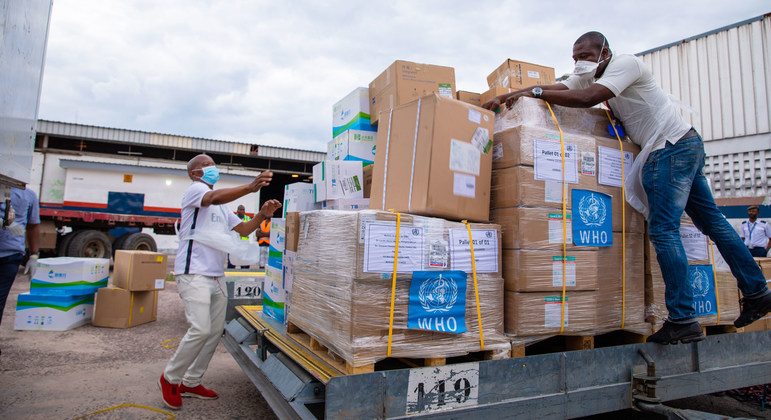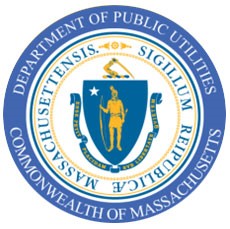The UN health agency’s annual oversight convention, held for the first time ever by teleconference from Geneva on 18-19 May, was focused intensely on defeating the novel coronavirus that has infected more than 4.7 million people worldwide, caused more than 316,100 deaths and thrown the futures of even the most robust economies into jeopardy.
The event was punctuated by the assertion from the White House that WHO did not act quickly enough in the early days of the COVID-19 outbreak to contain its spread. In a letter sent via Twitter on Monday to the WHO chief, US President Donald Trump set a 30-day deadline for the UN health agency to make significant reforms or risk losing funding.
Resolution on vaccines, treatment, ‘comprehensive evaluation’
By the resolution, passed unanimously by the 194 WHO Member States, the Director-General Tedros Adhanom Ghebreyesus, was called on to rapidly identify and provide options for scaling up the development, manufacture and distribution capacities needed for providing access to COVID-19 diagnostics, therapeutics, medicines and vaccines.
More broadly, international organizations were called on to work collaboratively to develop, test and scale-up production of safe, effective, quality, affordable diagnostics, therapeutics, medicines and vaccines for the COVID-19 response – including in the licensing of patents to facilitate access to them.
In his closing remarks, Tedros said WHO’s focus remains fighting the pandemic with every tool at its disposal. “Our focus is on saving lives,” he said.
He pledged to initiate an evaluation at the “earliest appropriate moment”, welcoming any effort to strengthen global health security – and the agency itself. “As always, WHO remains fully committed to transparency, accountability and continuous improvement,” he assured. “We want accountability more than anyone.”
Neither he nor the Secretary-General responded on Tuesday directly to Mr. Trump’s letter, with the UN Spokesperson referring journalists in New York to opening remarks on the work and value of the WHO amidst the pandemic, António Guterres made to the Assembly on Monday.
Dr. Tedros also thanked the Independent Oversight Advisory Committee for its continuous review of WHO’s work in health emergencies, and in particular, its report on the COVID-19 response, published on Monday. “Checking and learning our lessons is in WHO’s DNA”, Tedros said, noting that he was heartened at how countries had shared best practices during the Assembly.
‘We’ll never, ever give up’
For its part, WHO will continue to provide strategic leadership to coordinate the global response, he said, offering epidemiological information and analysis and keeping countries updated on ways to keep safe.
In addition, WHO will continue to ship diagnostics, personal protective equipment and medical supplies across the globe, convene experts to deliver technical advice based on the best science, and drive research to develop evidence about vaccines, diagnostics and therapeutics.
COVID-19 has “robbed us of people we love”, he said, taken livelihoods and shaken the world’s very foundations. It has also offered a reminder of the opportunity to forge a common future. WHO will continue to work – day and night – to support the most vulnerable countries and populations. “We’ll never, ever give up,” Tedros pledged. “Let our shared humanity be the antidote to our shared threat.”



